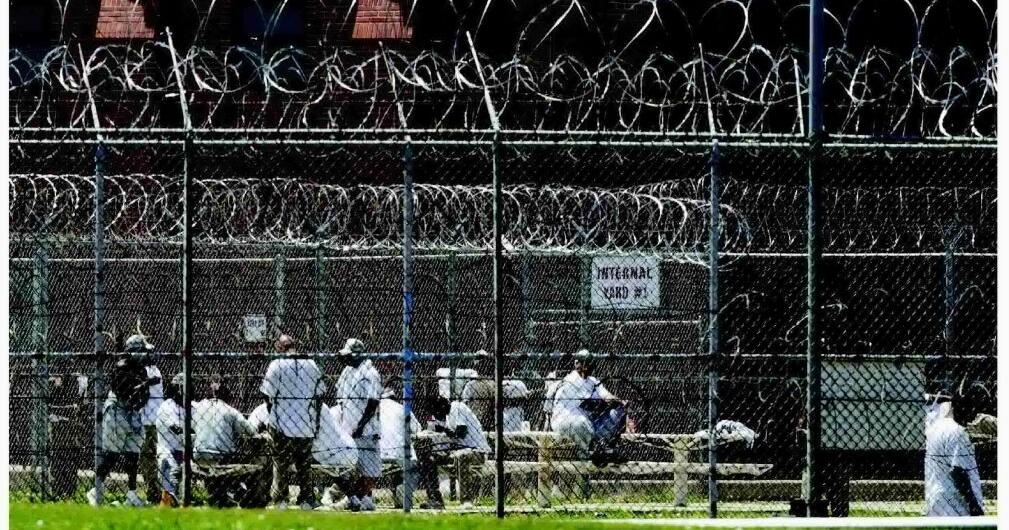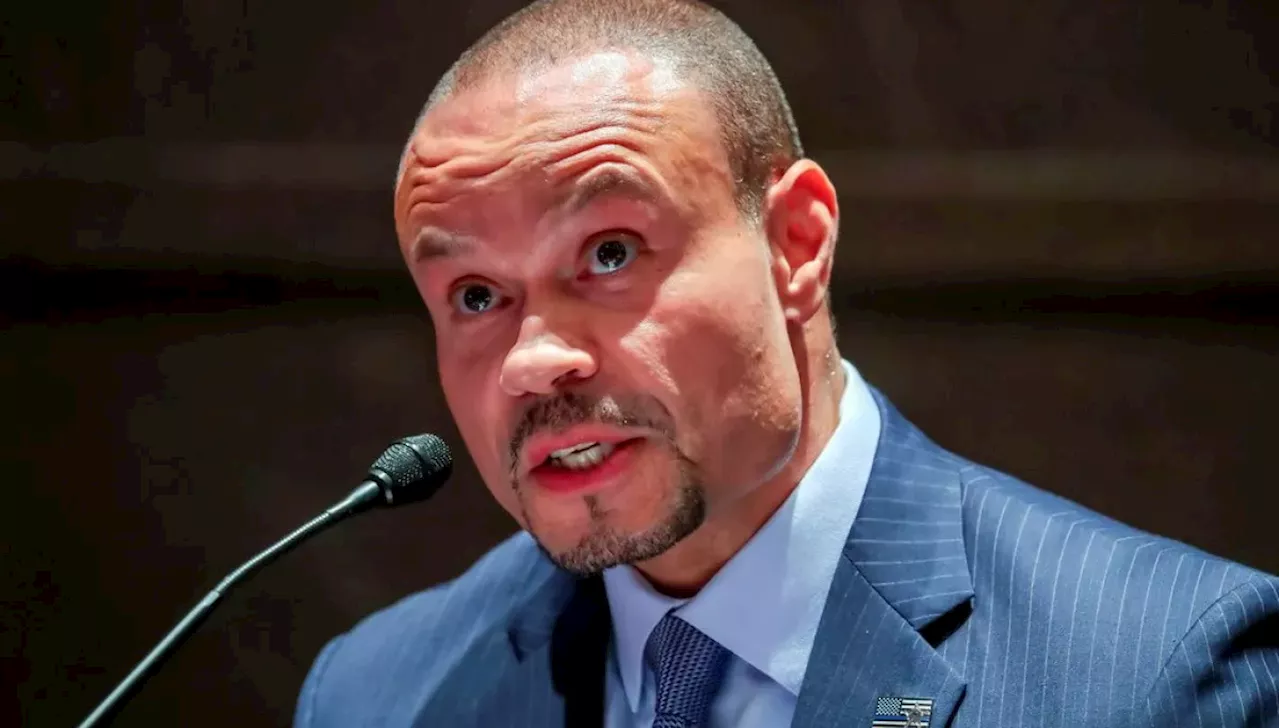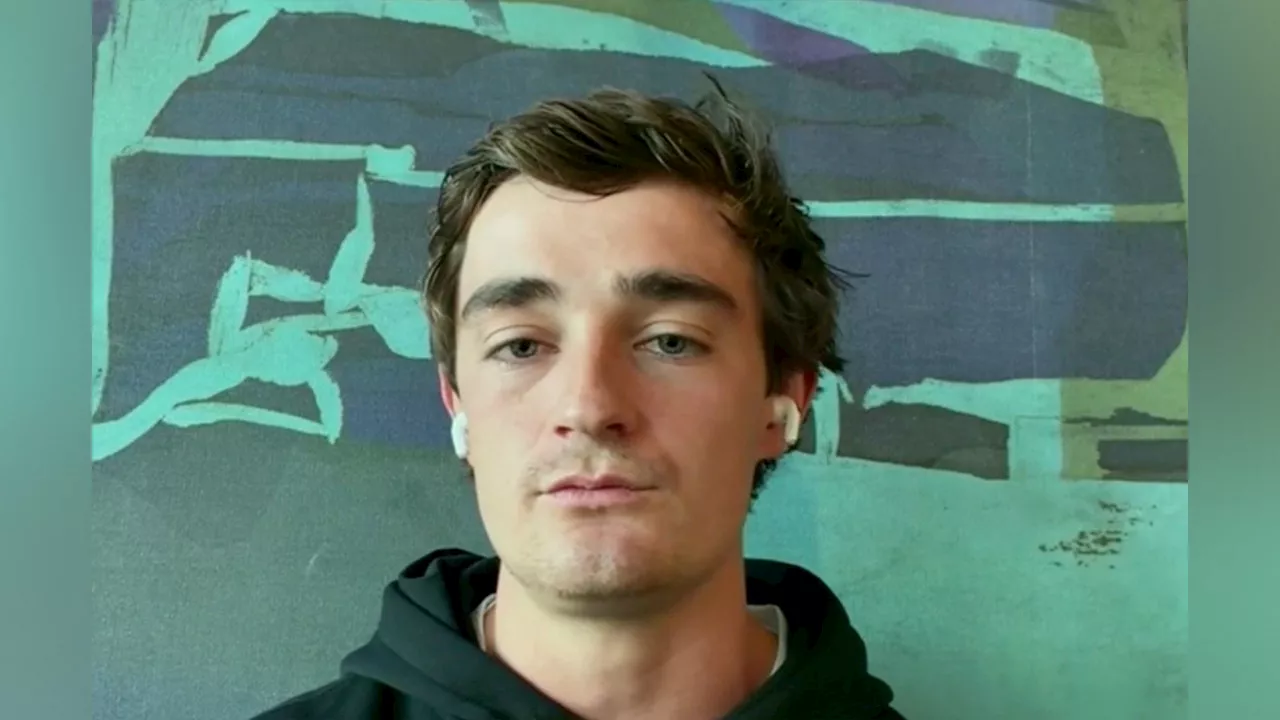The Nebraska prison system’s plan to expedite early releases for certain inmates has sparked considerable pushback from various state lawmakers and local advocacy groups. This initiative, introduced by the Nebraska Department of Correctional Services, aims to alleviate overcrowding by allowing eligible inmates to transition to supervised release sooner than previously scheduled.
Critics argue that the plan raises serious concerns regarding public safety and the adequacy of support systems for released individuals. Governor Jim Pillen, who has expressed reservations about the proposal, emphasized the need for a thorough review of the potential implications on both communities and the individuals being released.
Concerns Over Public Safety and Support Systems
Local advocacy groups have voiced their apprehensions, noting that the state must ensure that proper resources are in place to support those reentering society. These groups contend that without sufficient rehabilitation programs, early releases could lead to increased recidivism rates.
Research from the Nebraska Department of Health and Human Services indicates that successful reintegration into society is heavily dependent on access to job training, mental health services, and housing assistance. Critics argue that the current plan does not sufficiently address these critical areas.
Some state lawmakers have proposed amendments to the plan, advocating for a more gradual approach to releases. They suggest implementing additional screening processes to assess each inmate’s readiness for reintegration.
Legislative Responses and Future Outlook
The debate around the early release initiative is expected to intensify as the March 15, 2024, deadline for implementation approaches. Lawmakers are preparing to hold hearings to gather public input and assess the potential impacts of the program.
At the forefront of this legislative push is the need to balance the rights and rehabilitation of inmates with the safety concerns of the public. As discussions unfold, stakeholders from various sectors, including law enforcement, social services, and community organizations, are being urged to collaborate on a comprehensive solution.
In summary, while the Nebraska prison system aims to tackle overcrowding through early releases, the growing opposition highlights the complexities surrounding criminal justice reform. The outcome of this initiative will depend on how effectively the state can address the concerns raised by both lawmakers and community advocates. As the situation develops, it remains crucial for all parties involved to prioritize public safety and the successful reintegration of former inmates.







